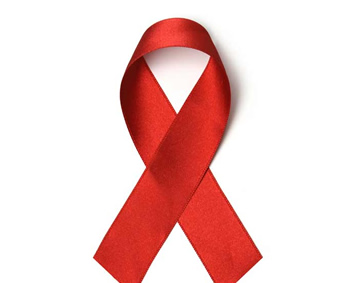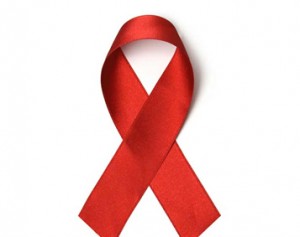

 Residents in the Keta Municipality of the Volta Region have expressed worry about the recent report by the Ghana Health Service about the recent report of surge in HIV/AIDS cases recorded in the Municipality with 27 new infections reported in 2024.
Residents in the Keta Municipality of the Volta Region have expressed worry about the recent report by the Ghana Health Service about the recent report of surge in HIV/AIDS cases recorded in the Municipality with 27 new infections reported in 2024.
According to the data available to the Ghana News Agency, a total of 756 people were living with HIV in the Municipality with 185 males, 527 females, and 44 children affected.
Out of the total number of affected patients, 253 people were identified as not on any current treatment, which many described as a public health threat to the Municipality.
Madam Dora Kugbonu, the Public Health Promotion Officer at the Keta Municipal Health Directorate, revealed that HIV (Immunodeficiency Virus) was a viral infection that attacks the immune system of the human body.
“The primary cause of HIV/AIDS is the transmission of the virus through bodily fluids, such as blood, semen, vaginal fluids, and breast milk,” she said.
She said that if one is left untreated, HIV could progress to AIDS (acquired immunodeficiency syndrome), which could result in a life-threatening condition and could have severe physical, emotional, social consequences and death.
She explained that some effects of the virus were weak immune system which could increase risk of opportunistic infections, stigma and discrimination, emotional distress and mental health issues.
“The HIV is normally cause by having unprotected sex with an infected person, sharing needles or syringes with an infected person, mother-to-child transmission during pregnancy, childbirth, or breastfeeding and blood transfusions from an infected donor and others”
Madam Kugbonu outline preventive methods which include practicing safe sex (using condoms) getting tested for HIV regularly, avoiding sharing needles or syringes, using pre-exposure prophylaxis (PrEP) or post-exposure prophylaxis (PEP) as needed, ensuring safe blood transfusions, among others.
She explained that HIV could affect anyone, regardless of age, sex, or background while certain groups such as young people (15-24 years old), Sex workers, men who have sex with men (gays), people who inject drugs, people living in areas with high HIV prevalence would be disproportionately affected.
Meanwhile, the recent surge in HIV cases in Keta Municipality has sparked concern among the public with many demanding for increased awareness and education on HIV prevention and treatment methods which were important needs for targeted interventions to address the epidemic, particularly among vulnerable populations.
Mr. Dela Simon Kwakuvi, a resident of Keta told the Ghana News Agency, that the HIV epidemic reported in Keta Municipality was a pressing public health concern that required a comprehensive response.
He appealed to health workers to create awareness for the public to understand the causes, effects, symptoms and modes of transmission to prevent new infections and as well as provide support to those living with HIV.
He said that it was essential to promote awareness, education, and access to HIV testing and treatment services to combat the epidemic to alleviate the fear and stigma among the public.
Source: GNA
The post Keta residents react to recent report about surge in HIV cases appeared first on Ghana Business News.
Read Full Story






















Facebook
Twitter
Pinterest
Instagram
Google+
YouTube
LinkedIn
RSS